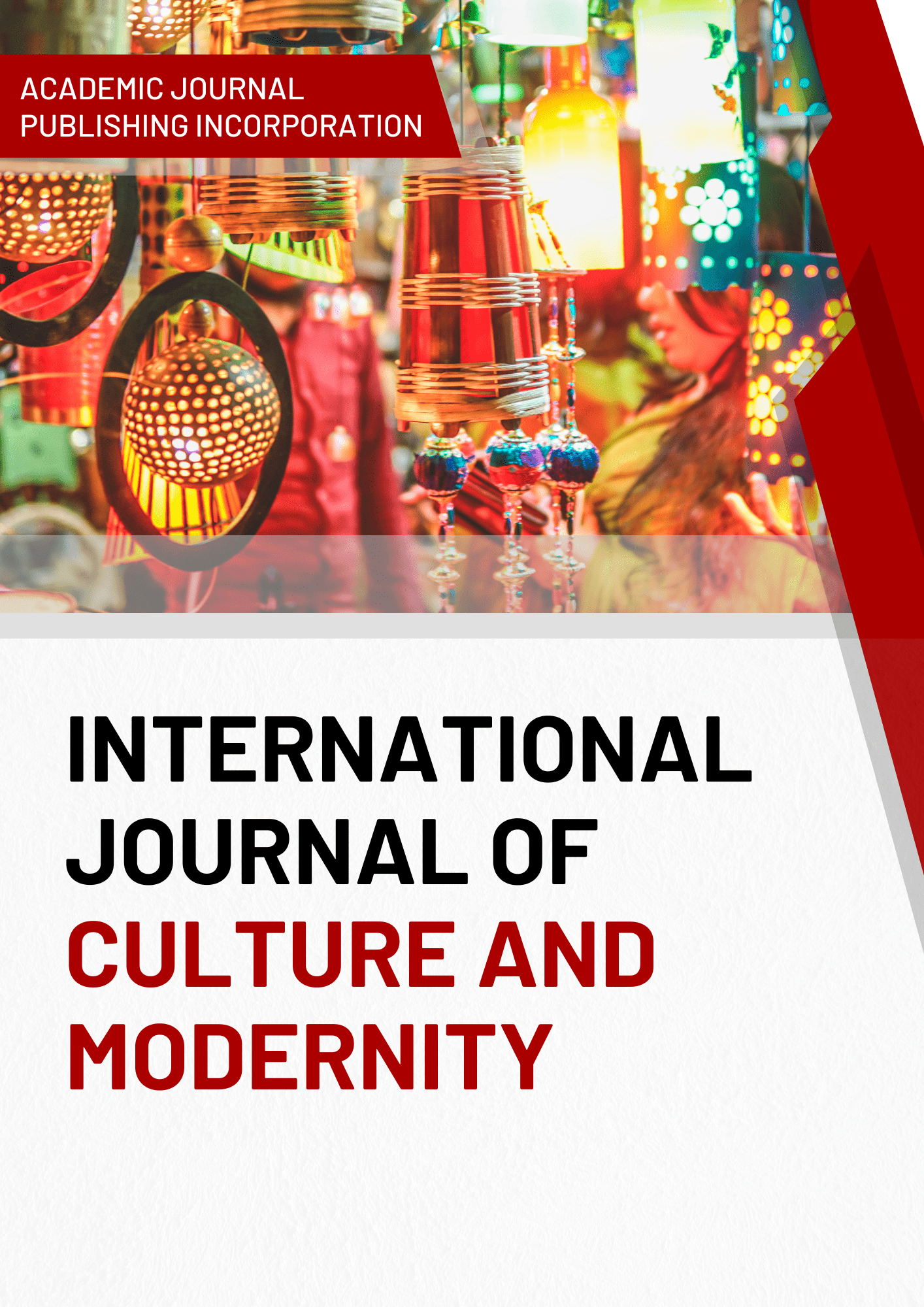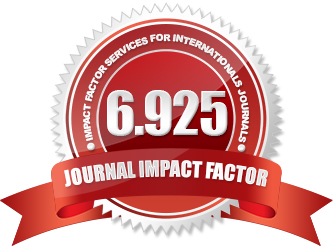Office of the Registrar in Nigerian Public Universities: Problems and Suggestions
DOI:
https://doi.org/10.51699/ijcm.v3i.22Keywords:
Challenges, Registrar, University, officeAbstract
The article discussed the problems facing the office of the Registrar in Nigerian public universities. Secondary data was used to support the points raised in the article. This article obtains the secondary data from print material and online publication by recognized institutions and individual author. Some problems facing the office of Registrar of Nigerian public universities include; inadequate funding of the office of Registrar, inadequate staff/over-staffed, inadequate infrastructural facilities, inadequate working materials, poor capacity development of staff in the Registrar’s office. To solve these challenges, this article recommends: that the school administrators should increase the funding of the office of Registrar, provide adequate infrastructural facilities, employment of more staff/deployment of staff out, provision of adequate working materials and effective staff development programme for staff in office of the Registrar.
References
Adeyemi I. I & Mary E (2013). ICT and higher educational system in Nigeria
Adejare B. O., Olaore G. O., Udofia E. E., Emola T. B. (2020). ‘Inefficiency Among Non-Academic Staffs in Nigerian Tertiary Institutions: the Role of Training and
Development’,Journal on Efficiency and Responsibility in Education and Science, vol.13, no. 2, pp. 56-66.
Briggs, N. D.(2012) Fulfilling the Mandate. Rivers State University of Science and Technology. 24th Convocation lecture. May 3, 2012
Akuegwu, B. A., Udida, L. A., & Nwi-Ue, F. D . (2007, March). Academic Staff Access to ICT and the Management of Skilled-Oriented Education in Cross River State Universities. Nigerian Journal of Educational Administration and Planning, 7(1), 33-43.
Bernadette C.N & Ukaegbu, O (2017)Impact of Poor Implementation of Welfare Policies on Training and Development on the Performance of Academic Staff in Selected Federal Universities in South-South Nigeria. International Journal of Scientific Research and Management (IJSRM) Volume(5)Issue (12)|Pages 7718-7729
Basil A. A, Felix D. N, Eno E.E (2013) Lecturers’ Participation in Capacity Building Programmesin South-South Nigeria: Implications for SustainableDevelopment. Makerere Journal of Higher Education. 4(2) (2013) 279 – 292
John, F. (2016). University development in Africa, the Nigerian experience. Lagos: Light Press.
Livinus, E. (2013) Computer literacy and utilization among academic and nonacademic staff of ebonyi state college of education, ikwo. Journal of Qualitative Education, Volume 9 No. 1.
Ogunode, N. J.,Yiolokun, I. B &Akeredolu, B. J (2019). Nigerian Universities and their Sustainability: Challenges and Way Forward Electronic Research Journal of Behavioural Sciences, Volume 2 (2019)
Ogbondah, L. (2010) Adequate funding of public universities in Nigeria for sustainable development, African journal of historical sciences in education, 6(2), 322-323.
Ojo, A. A. (2018). Higher Education in Nigeria. Being a Paper presented at Education in Africa Day, held at House of Commons Palace of Westminster, London.
Okoli, N. J, Ogbondah, L and Ewor, R. N. (2016). The History and Development of Public Universities in Nigeria Since 1914. International Journal of Education and Evaluation. Vol. 2,P-61-63
Osunyikanmi, A. F. (2018). Prioritizing Quality Education in Nigeria: a Commitment to Sustainable Development Goals. International Journal of Advanced Studies in Economics and Public Sector Management. Volume 6, Number 2,221-224.
Uzoka, N.E. (2007). Funding of vocational programmes in Lagos state secondary schools. A jo urnal of the Department of Educational administration, Faculty of Education, University of Lagos. 3 (1), 77-88.
Udida, L. A. , Bassey, U. U. & Udofia, I. U. (2009). System Performance and Sustainability of Higher Education in Nigeria. Paper Presented at the 11th International Conference of Educational Management Association of South Africa (EMASA)
Downloads
Published
How to Cite
Issue
Section
License
Copyright (c) 2021 Ogunode Niyi Jacob, SettingsAjape Temitope Solomon

This work is licensed under a Creative Commons Attribution 4.0 International License.






